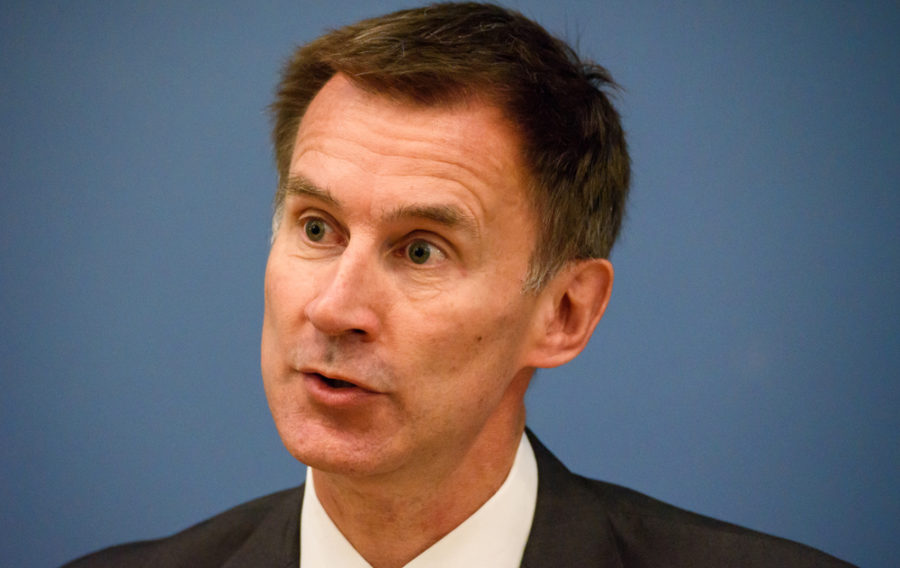
Jeremy Hunt outlined the UK’s policy on cybercrime deterrence in a speech at Glasgow University.
Foreign Secretary Jeremy Hunt gave a speech at Glasgow University where he spoke about cybercrime deterrence and how it affects democracy and trust in governments. He spoke about the importance of the internet and freedom of expression, foreign interference with elections, and the need to adapt to, rather than resist, the online world.
He referenced instances of cybercriminals compromising elections, such as Russia’s alleged interference with the US elections and the hacking of Ukraine’s Presidential vote. He warned that such incidences could reduce trust in the entire democratic process.
He said: “Last October, Britain helped secure a decision by EU leaders to create a new sanctions regime for this express purpose. After Brexit, the UK will be able to impose cyber-related sanctions on a national basis.”
“As for diplomatic penalties, we won’t hesitate to highlight any breaches of international agreements, such as when the operation by China’s Ministry of State Security broke a bilateral agreement with the UK and a commitment from every G20 country not to conduct or support malicious activity of this kind.”
“Finally, Britain now has a National Offensive Cyber Programme, delivered by a Joint Mission between GCHQ and the Ministry of Defence.”
He outlined four principles in tackling cybercrime: “First, we will always seek to discover which state or other actor was behind any malign cyber activity, overcoming any efforts to conceal their tracks.”
“Secondly, we will respond. That could include naming and shaming the perpetrator in public, in concert with our allies, exposing not only who carried out the action but, so far as possible, how it was done, thereby helping the cyber security industry to develop protective measures.”
“Thirdly, we will aim to prosecute those who conduct cyber crime, demonstrating they are not above the law.”
“And finally, with our allies we will consider further steps, consistent with international law, to make sure we don’t just manage current cyber attacks but deter future ones as well.”
The overall emphasis lay on foreign powers and ensuring they face consequences if they are found to have interfered with democratic elections. He also outlined previous successes in preventing and responding to criminal activity.
If you would like to join our community and read more articles like this then please click here.
cybercrime cybersecurity EU Foreign Secretary Jeremy Hunt security speech








